Have you ever struggled to see oncoming headlights, blurry road signs, or experienced glare while driving at night? The real issue might not be the lights – but rather undiagnosed or improperly corrected astigmatism.
Why does incorrected astigmatism affect night driving?

Nighttime glare while driving caused by incorrected astigmatism
In low-light conditions, your pupils dilate and any refractive error in the eye – especially astigmatism – becomes more noticeable:
- Distorted vision, halos around headlights
- Reduced contrast sensitivity – difficult to distinguish objects in the dark
- Glare, eye strain, and slower response to driving situations
If your astigmatism is undiagnosed or your glasses have the wrong prescription or axis, night driving can become difficult and dangerous.
Signs you’re driving at night with incorrected astigmatism
If you notice any of the following at night, take caution:
- Glare from oncoming headlights, light streaks or halos
- Difficulty reading road signs, license plates, or lane markings
- Eye strain or headaches after a short time driving
- Poor focus and delayed reactions in the dark
- Feeling startled, anxious, or disoriented when facing sudden situations
Why does this happen?
Many people think astigmatism just means “slightly blurry vision.” But if it’s not properly measured or corrected – especially if only the myopia is treated – glasses may not help clearly, particularly in dim light. Buying ready-made glasses or self-measuring without a professional exam increases the risk of incorrect prescription or axis.
How incorrected astigmatism can become dangerous
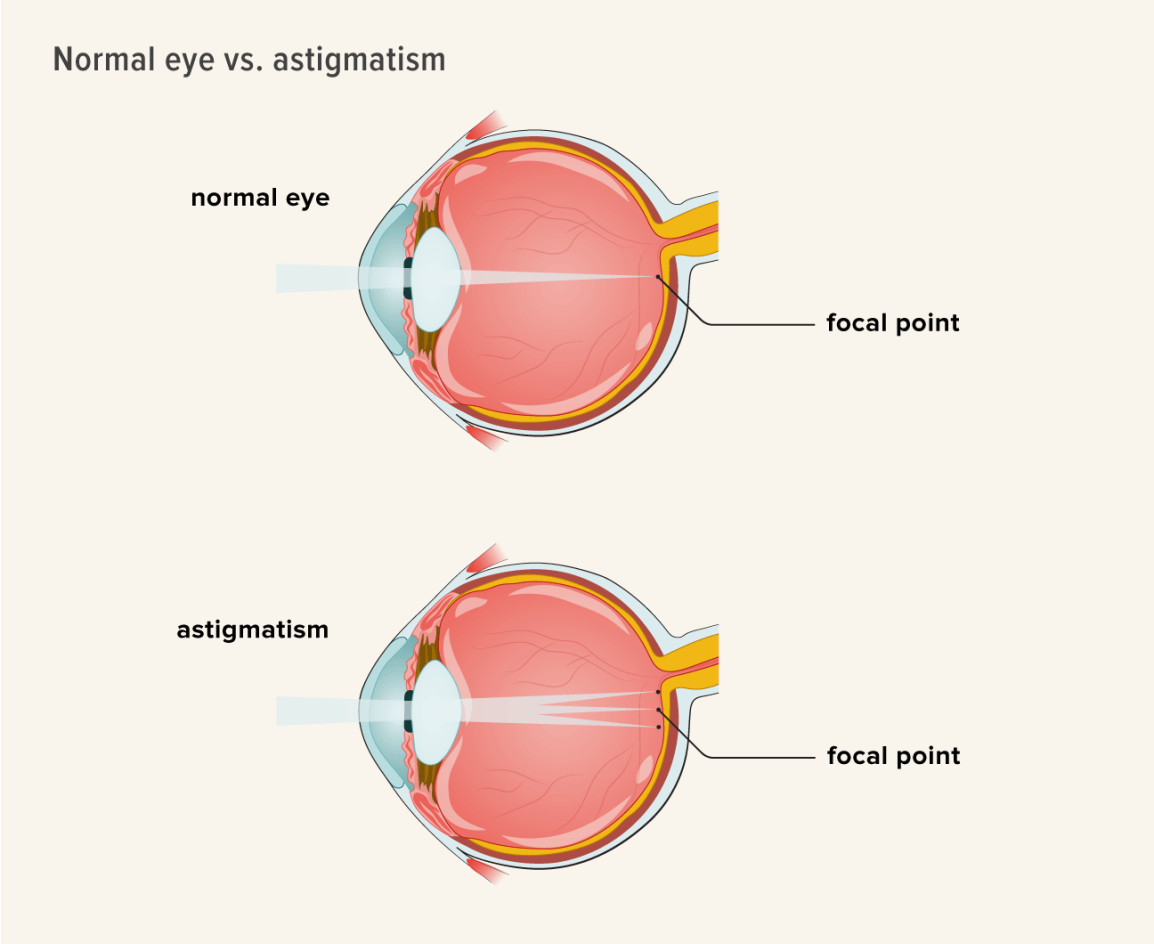
Scattered light in astigmatic eyes causes blurred, hazy vision
| Condition | Effect while driving at night |
|---|---|
| Incorrected astigmatism | Poor navigation, higher risk of accidents |
| Incorrect astigmatism prescription | Prolonged blurry vision, delayed response time |
| Only using standard glasses to treat astigmatism | Fails to correct high-order aberrations and night glare |
Why night vision testing is essential for drivers
Not all astigmatism is detectable through daytime eye exams. In fact, higher-order aberrations (HOAs) – a key cause of blurry and glaring night vision – can’t be identified with standard refraction tests.
TD Eye offers a comprehensive night vision screening package that includes:
- Multi-axis corneal topography
- HOA analysis with wavefront measurement
- Testing accommodation and pupil response in low light
Treatment options offered at TD Eye
Phakic ICL – A safe and optimal solution for astigmatism
Phakic ICL is an implantable collamer lens placed inside the eye without affecting the cornea. It’s ideal for those who:
- Have high myopia with astigmatism (1.0D – 4.0D)
- Struggle with nighttime glare, blurry vision while driving
- Are not eligible for LASIK due to thin corneas
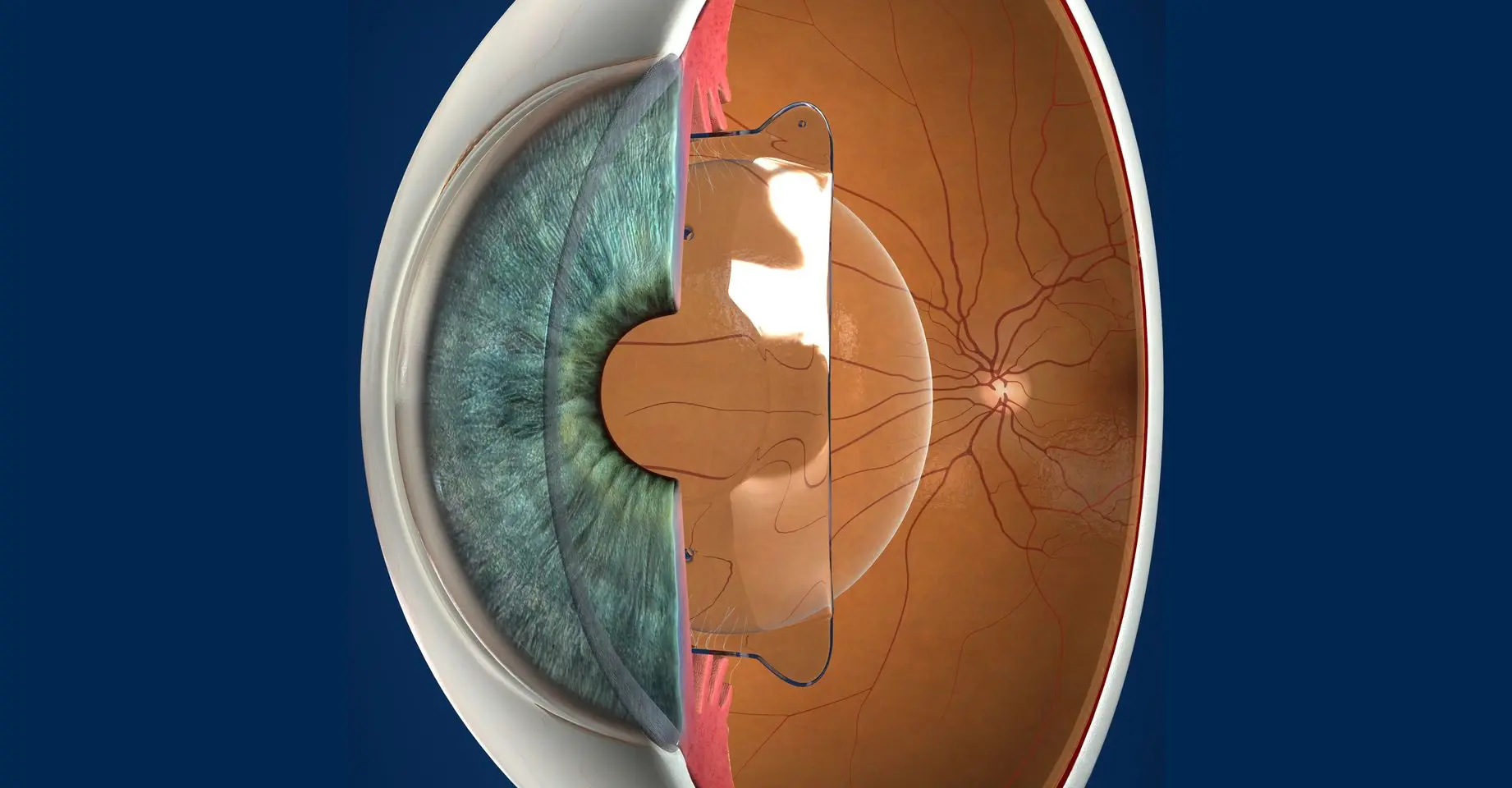
Illustration of Phakic ICL correcting astigmatism from inside the eye
According to STAAR Surgical and TD Eye:
| Criteria | Phakic ICL | LASIK |
|---|---|---|
| Astigmatism range | 1.0D – 4.0D | Up to ~3.0D |
| Corneal impact | None | Yes |
| Dry eye risk | Low to none | High risk |
| Night vision quality | Significantly improved | May cause halos, glare |
When should you consider astigmatism surgery?
- You’ve changed glasses multiple times but still experience blurry night vision
- You experience strong glare or halos while driving
- Your daytime vision tests normal, but your night vision is poor
- You frequently over-focus or strain your eyes in the evening
Expert advice
If you notice blurry, glaring, or uncomfortable vision while driving at night – don’t ignore it. This is more than just an inconvenience. Get a thorough eye exam and choose the right treatment before your night vision puts your safety at risk.
Phakic ICL is currently a leading solution endorsed by international eye care specialists for cases where incorrected astigmatism significantly affects night driving.
In summary, incorrected astigmatism doesn’t just blur your vision – it can compromise your safety at night. Early detection and accurate treatment – especially with Phakic ICL – can help restore sharp, confident vision in all lighting conditions.

 vi
vi 03-Aug-2025
03-Aug-2025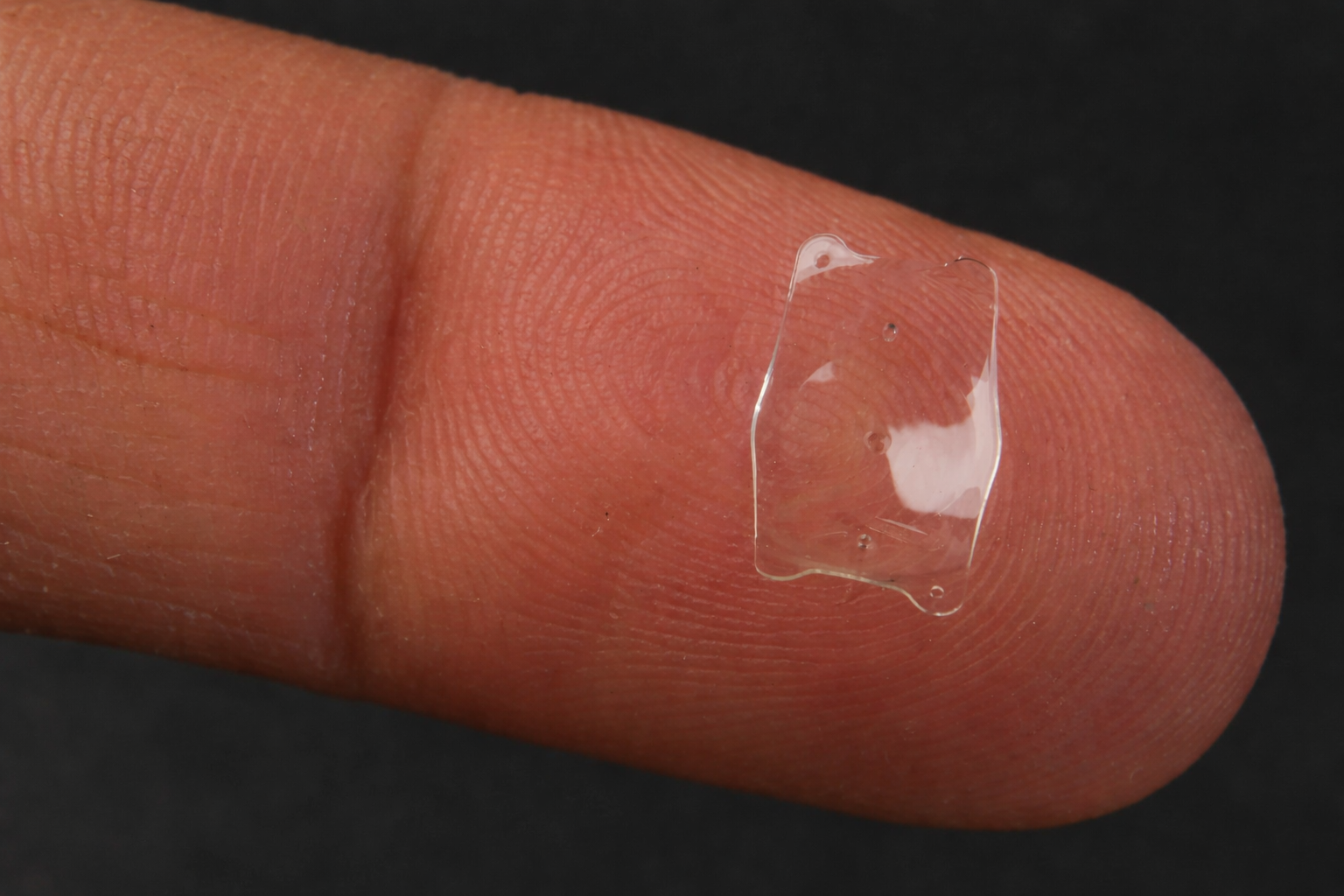




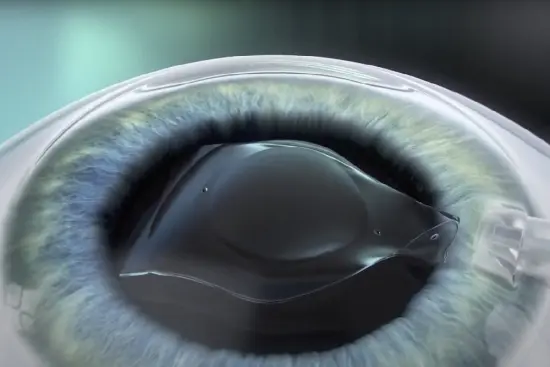



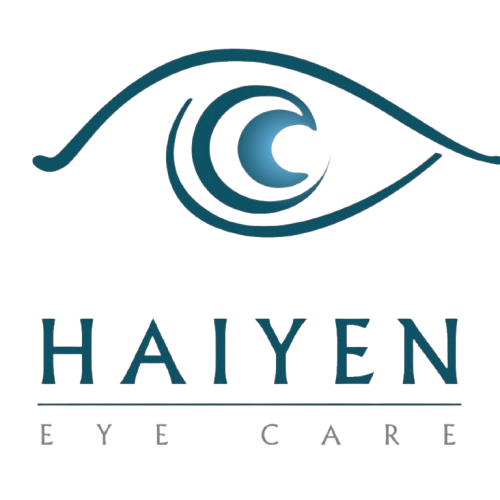

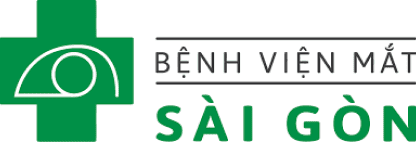
 0916.741.763
0916.741.763 Appointment
Appointment